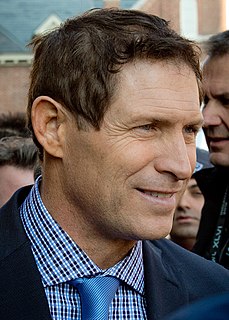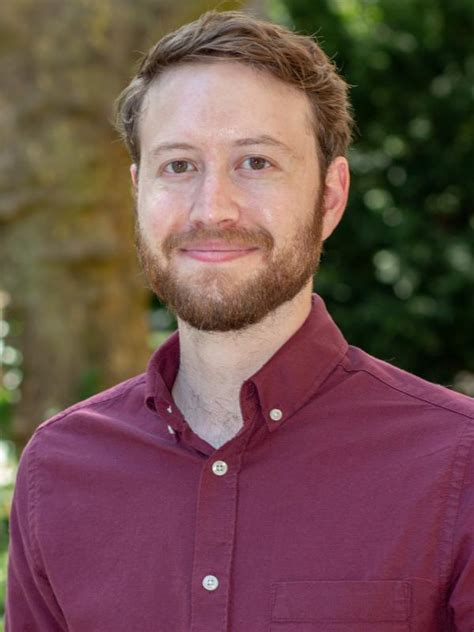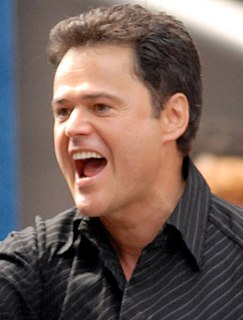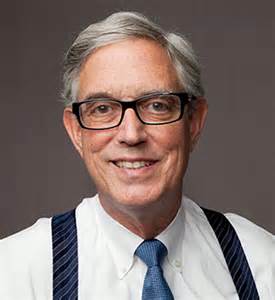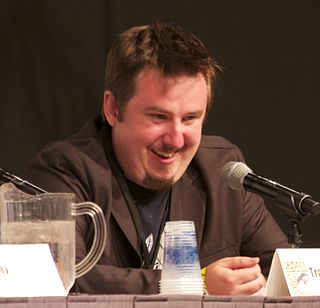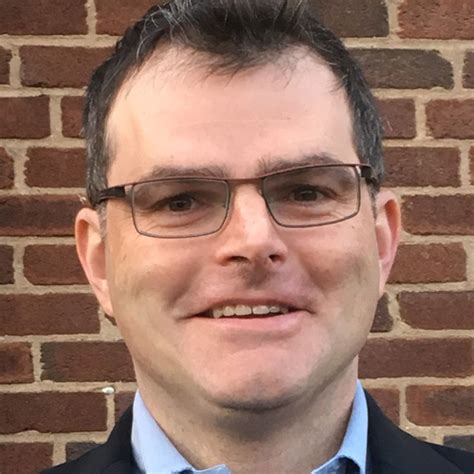A Quote by Steve Young
It's hard to explain anxiety to those who don't experience it.
Quote Topics
Related Quotes
Surveillant anxiety is always a conjoined twin: The anxiety of those surveilled is deeply connected to the anxiety of the surveillers. But the anxiety of the surveillers is generally hard to see; it's hidden in classified documents and delivered in highly coded languages in front of Senate committees.
Many animals experience pain, anxiety and suffering, physically and psychologically, when they are held in captivity or subjected to starvation, social isolation, physical restraint, or painful situations from which they cannot escape. Even if it is not the same experience of pain, anxiety, or suffering undergone by humans- or even other animals, including members of the same species- an individual's pain, suffering, and anxiety matter.
One of the most difficult features of direct experience is that it is unfiltered by any theories or expectations. It's hard to observe without imposing a theory to explain what we're seeing, but the trouble with theories, as Einstein said, is that they explain not only what is observed, but what can be observed. We start to build expectations based on our theories.
Anxiety is the experience of growth itself. In any endeavor, how do you feel when you go from one stage to the next? The answer: You feel anxious. Anxiety that is denied makes us ill; anxiety that is fully confronted and fully lived through converts itself into joy, security, strength, centeredness, and character. The practical formula: Go where the pain is.
